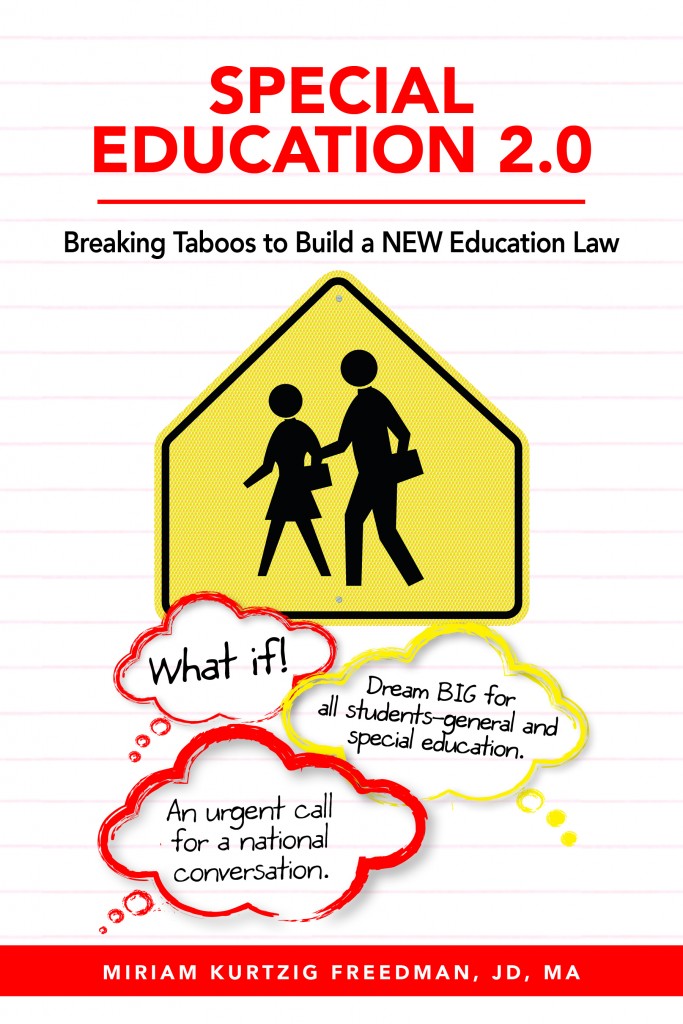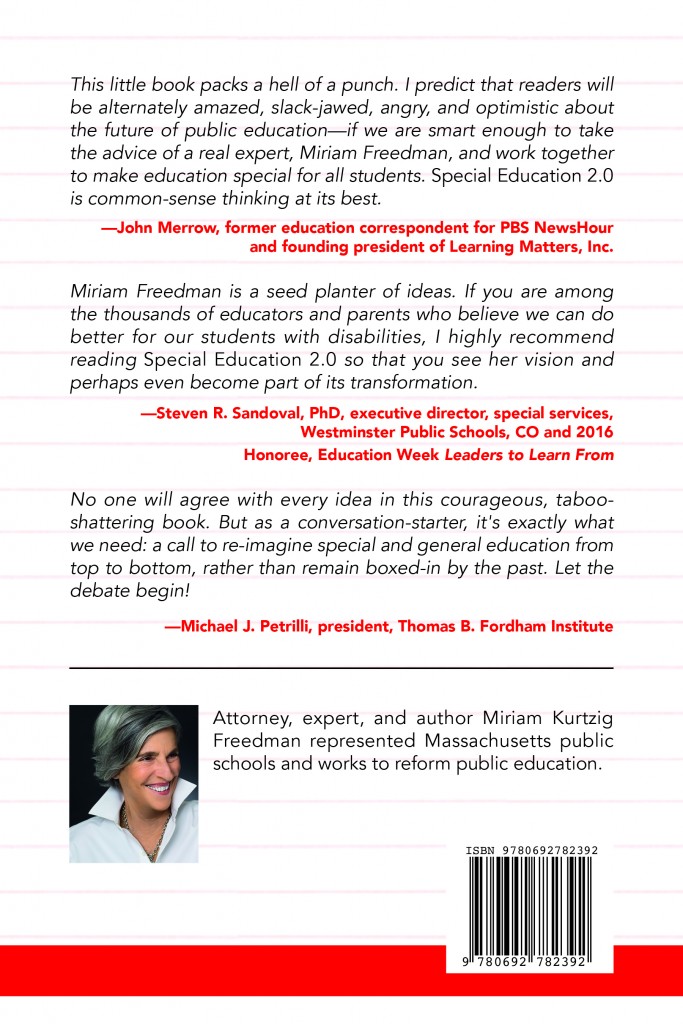I just read the New York Times piece, “Have we Lost Sight of the Promise of Public Education.”
AND, it made me realize that it’s time to bring out my piece years ago, “One Radical Idea to Fix Public Schools.” It appeared in many TABs in the Boston area and again in Education News in 2011.
How so? First, the Times piece that has garnered much response, been picked up by Diane Ravitch’s Blog—and here!
The piece argues that the Betsy Devos confirmation and push for vouchers and what’s called “privatization” underscores an erosion of public education. It asserts, “We began moving away from the “public” in public education a long time ago.” The article then traces the history of this trend—starting with the 1960’s desegregation orders—to today’s push for charters, vouchers for private or public schools, and parental choice. It concludes with this, “Democracy works only if those who have the money or the power to opt out of public things choose instead to opt in for the common good.”
Alas, that’s not happening. Now to my piece, “One Radical Idea to Fix Pubic Schools.” My idea was that the only way to “fix” public schools is to close all private schools. Imagine that. In that way, everyone would care because it would be all about OUR children—not just other people’s children. Policies for the good of all children—not separated out by various interest groups— will return to public schools. The piece predicted that within a year, “our schools would be fixed—kids would learn, discipline would be in place, teachers would have time to teach, and the sun would shine upon all of us.”
Check it out! It’s as timely as ever. Let me know what you think.


Recent Comments